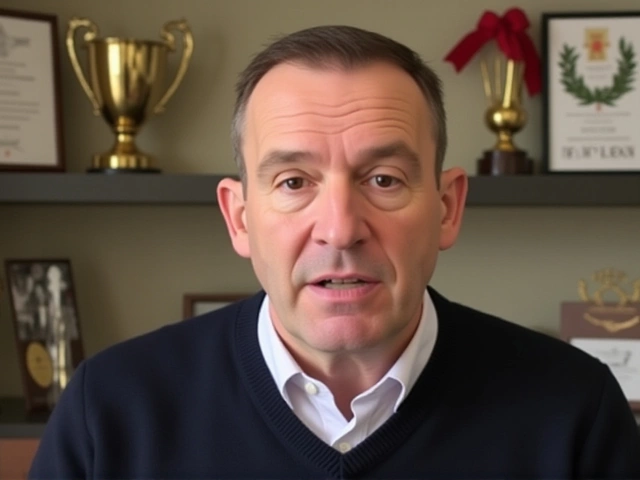Athletic Tips to Power Your Running and Cycling
Whether you jog around the park or ride to work, the right advice can turn a casual effort into real progress. On this page we bring you simple, no‑fluff tips that you can try today. From how fast you need to jog to burn calories, to why a 10‑minute bike ride matters, you’ll find clear guidance for every athletic goal.
Quick Fitness Hacks
First off, speed matters for calorie burn. A 160‑lb person burns about 365 calories in 30 minutes of moderate jogging. Pick up the pace a bit and you’ll see the number climb fast. If you’re short on time, try interval bursts – 1 minute hard, 2 minutes easy – and repeat for 15 minutes. You’ll torch more calories in less time and keep your heart strong.
Cycling doesn’t need long rides either. Even 10‑15 minutes a day can improve your cardio, lift mood, and help with weight loss. Keep the effort light enough to talk but hard enough to feel the heartbeat. Over weeks you’ll notice stronger legs and a steadier breathing pattern.
Another hack is to combine commuting with exercise. Bike commuting not only cuts emissions, it adds daily movement without carving out extra time. Strap on a helmet, plan a safe route, and treat the ride as your regular workout. You’ll save money on transport and boost fitness at the same time.
Stay Injury‑Free
Running and cycling can strain muscles if you ignore basics. For running, start with a proper warm‑up: 5 minutes of brisk walking or light jog. Stretch the calves, hamstrings, and hip flexors after each session to keep tissue flexible.
When it comes to bikes, fit matters more than price. Cycle shoes should be snug but not tight – you want your heel to stay in place without cutting circulation. A good fit lets you transfer power efficiently and avoids foot pain.
If you ride a mountain bike, check the wheels, brakes, and suspension before each ride. Regular maintenance stops breakdowns on the trail. Keep the chain clean, tighten loose bolts, and give the suspension a quick visual check.
Upper‑body strength often gets overlooked by cyclists, but a strong back and shoulders improve posture and reduce fatigue. Simple body‑weight rows, push‑ups, or dumbbell presses done a few times a week make a noticeable difference on long rides.
Lastly, listen to your body. If you feel sharp pain, stop and assess. Small tweaks – like adjusting saddle height or adding a softer chamois pad in shorts – can fix many discomforts. Consistent, enjoyable training beats occasional burns caused by ignoring warning signs.
Use these straightforward tips to make every run and ride count. Stay consistent, keep the effort balanced, and you’ll see real improvement without the hassle. Ready to level up your athletic game? Let’s get moving!

